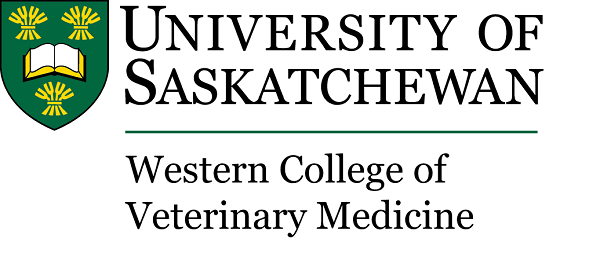

Farmscape for September 8, 2022
| Full Interview 18:47 | Listen   |
A professor with the Western College of Veterinary Medicine says the challenges associated with translating the diagnosis of an infection into a course of treatment will vary depending on the individual case. In May of 2021 the Western College of Veterinary Medicine and Prairie Diagnostic Services partnered in the launch of a new swine diagnostic extension service. As part of that service Prairie Diagnostic Services provides the diagnostic analysis and, in complex cases, veterinarians with the Western College of Veterinary Medicine provide additional support to help interpret those findings. Dr. John Harding, a professor in the Department of Large Animal Clinical Sciences with the Western College of Veterinary Medicine, says the complexity of translating the diagnosis of a disease or a condition into a course of treatment really depends on the case.
Clip-Dr. John Harding-Western College of Veterinary Medicine:
Some cases are reasonably straightforward. An example would be pigs that maybe have a respiratory disease and the question is really quite simple. What pathogens are there and how do we control those pathogens? Those ones are reasonably straightforward but, on the other hand, we could get some challenging difficult cases for all of us. An example there is some pigs that are unthrifty or wasting or just not growing very well, the pathology is not particularly clear or evident. After we look for and do some testing for individual pathogens, there’s nothing really jumping out at us. Either of these cases could be there’s just not much coming up and therefore we need more submissions and potentially more tests or sometimes it’s the opposite that there’s all sorts of pathogens that jump out and then you try to sort out which one is in fact more important than the other. Sometimes then we have to reach out and then take those cases into the research laboratory or just other more research applied type techniques, next generation sequencing and things like that.
Dr. Harding says the service targets three main groups, including mixed animal practitioners, veterinarians across western Canada that deal specifically with swine and the professionals that are running the actual assays.
For more visit Farmscape.Ca. Bruce Cochrane.
*Farmscape is produced on behalf of North America’s pork producers





